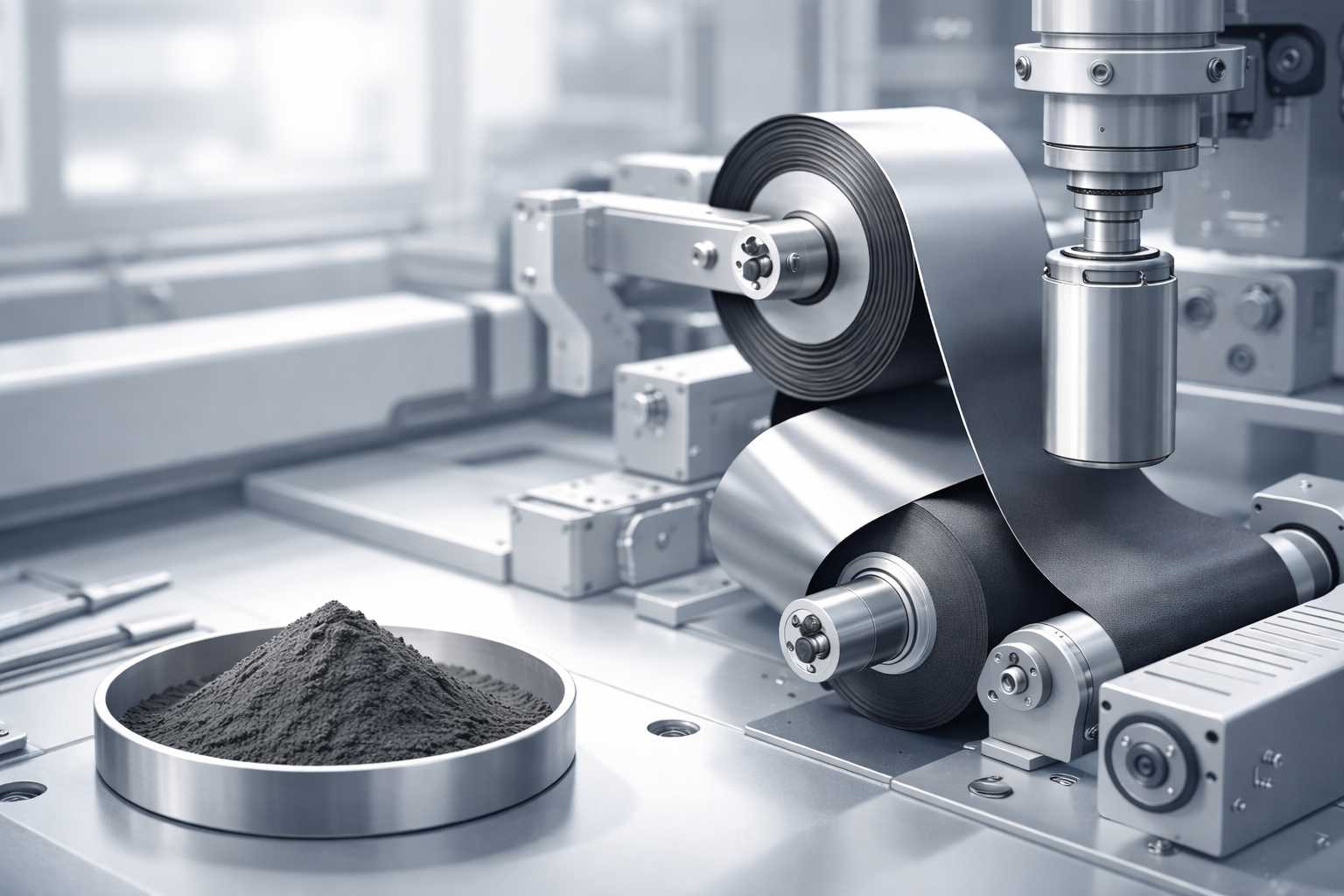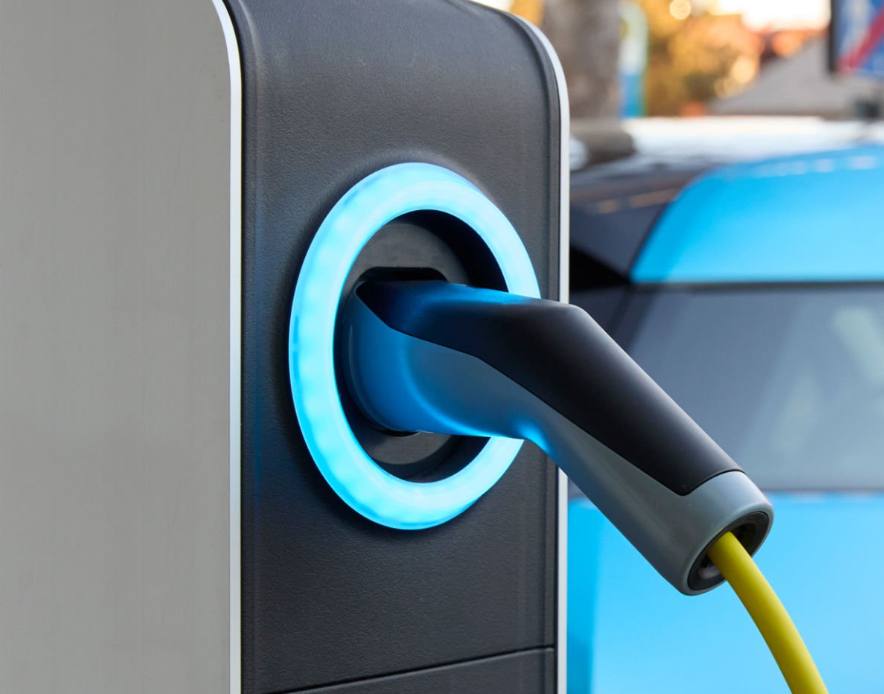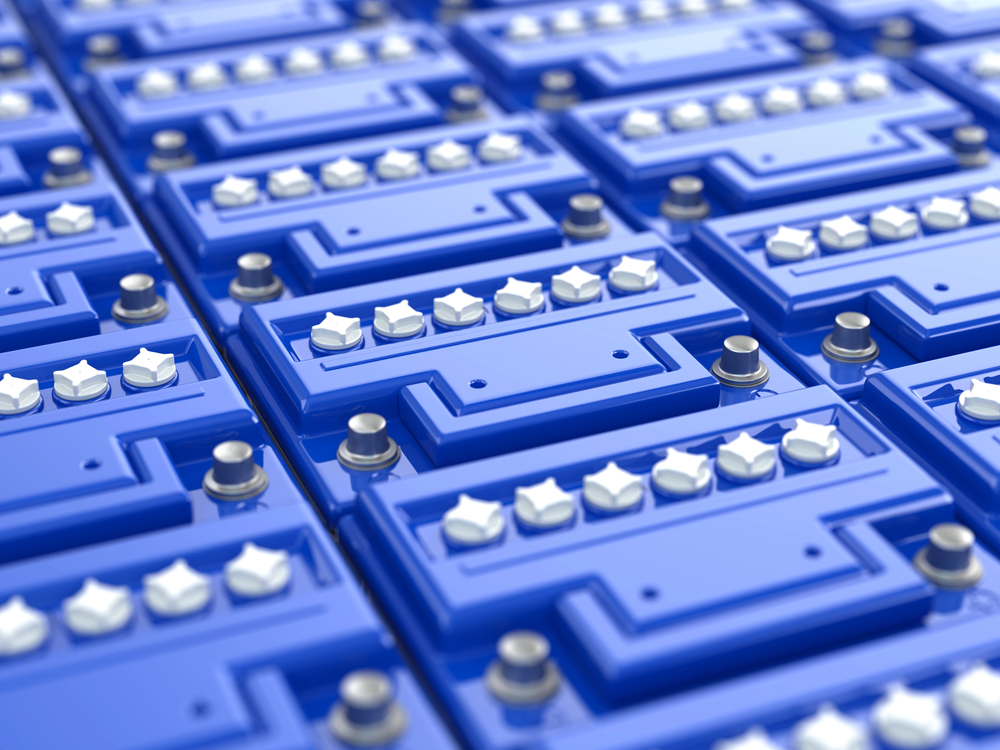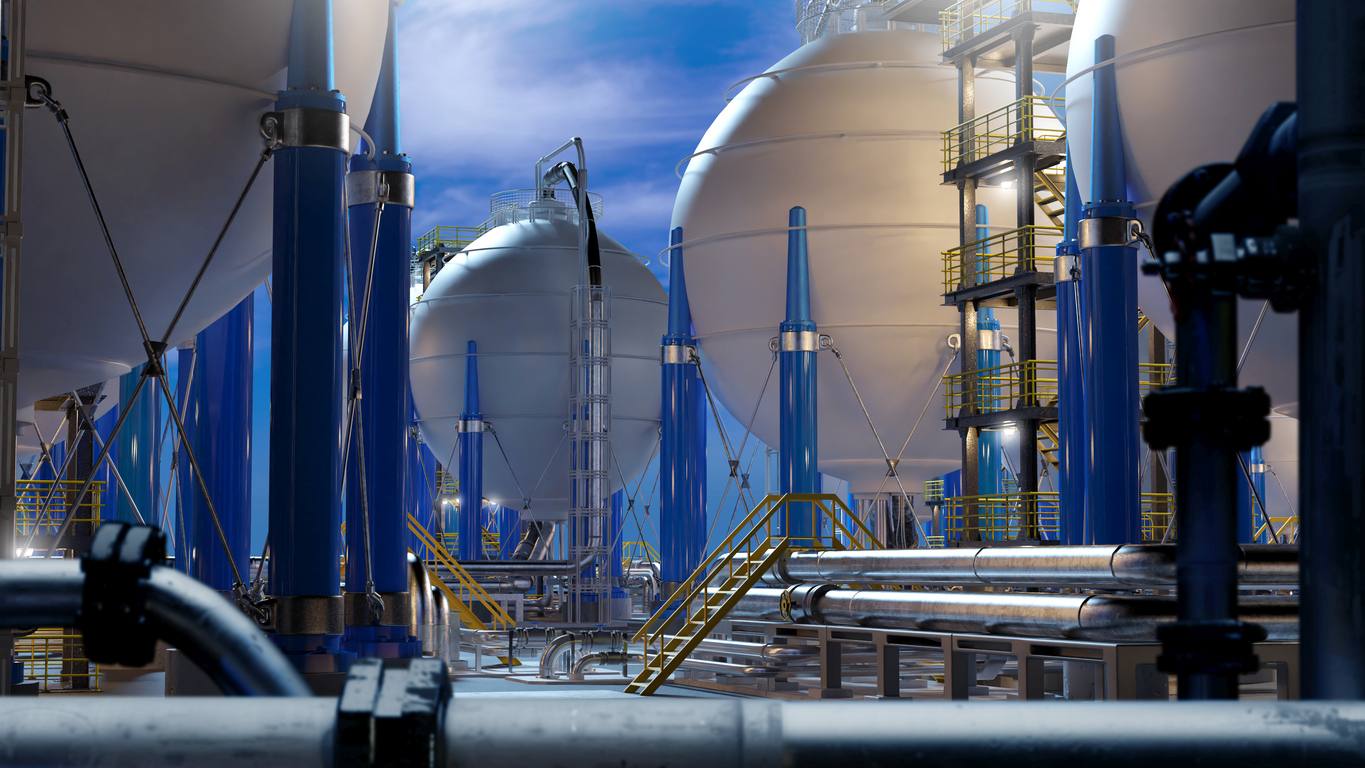Revised Korean Standards Enhance Oversight of Hydrogen and Fuel Cell Systems
23. October 2025South Korea has implemented extensive updates to multiple KGS (Korea Gas Safety) standards governing hydrogen production, gas storage, and fuel cell technologies. Notable changes include a narrower scope for code AC111, which previously covered all pressure vessels but now excludes small LPG storage tanks—these are addressed separately under the newly applied AC114. Clearer requirements for strength recalculations due to design modifications have also been introduced. Meanwhile, the revised AH171 code now includes safety and performance requirements for hydrogen generators that operate via ammonia thermal decomposition, reflecting Korea’s regulatory response to recent pilot projects in this area. Hydrogen and gas technologies usually require KGS certification in order to be approved for import and sale in Korea.
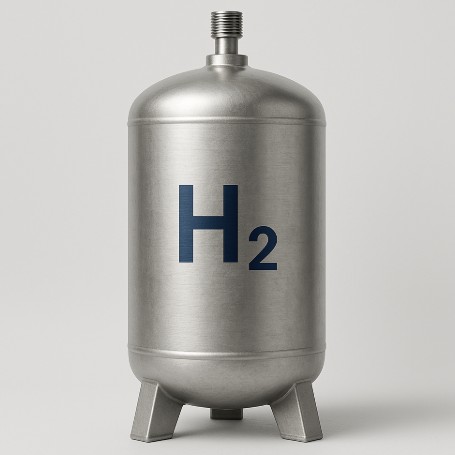
Further modifications were made to code AH271 for water electrolysis systems, aligning it more closely with ISO 22734 by distinguishing acidic from alkaline electrolyzers. New mandates include emergency shutdown functions for abnormal electrolyte levels and the use of dual-unit output labeling on nameplates. Large-scale installations may also include output capacity in megawatts. Fuel cell regulations have also evolved: while stationary systems under AH371 remain unchanged, new performance testing protocols have been added to AH372 and AH373 for forklift and drone fuel cells, respectively. These tests evaluate real-world functionality, including wind resistance and tilt behavior.
Feel free to contact us any time if you need assistance or have any questions regarding Korean certifications like KC, KC EMC, KCs, KCs for explosion safety products or KGS factory registration.
Tel. Europe: +49-69-271 37 69 259
Tel. US: +1 773 654-2673
Email: info@korea-certification.com
For more information you can download our free brochure “Korea Certification Made Easy – The Booklet“.




